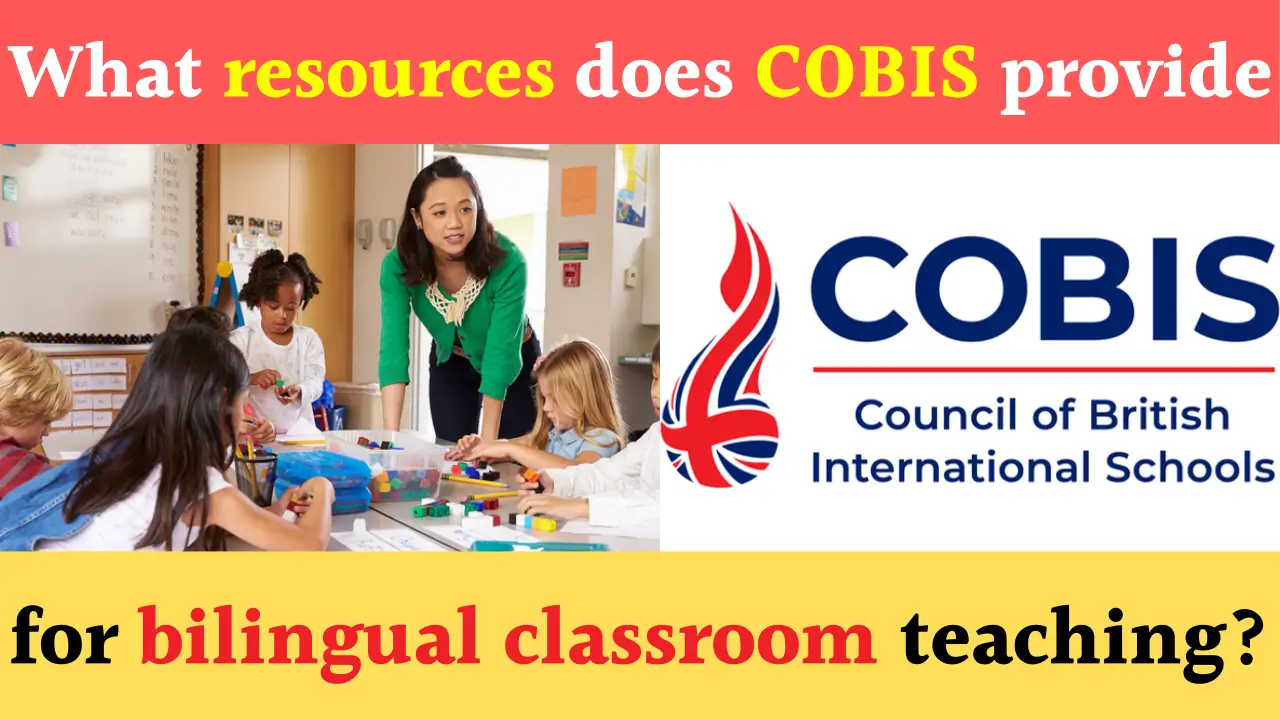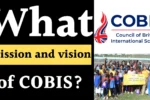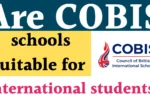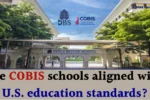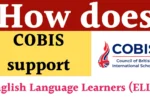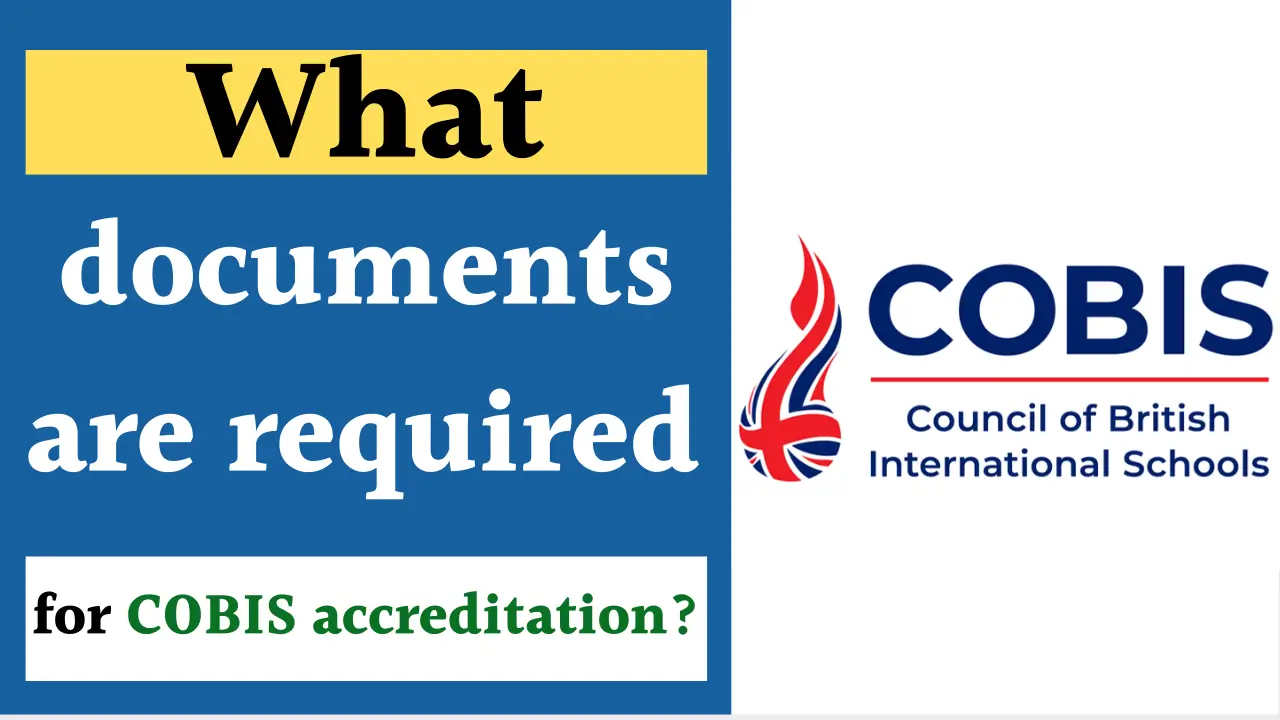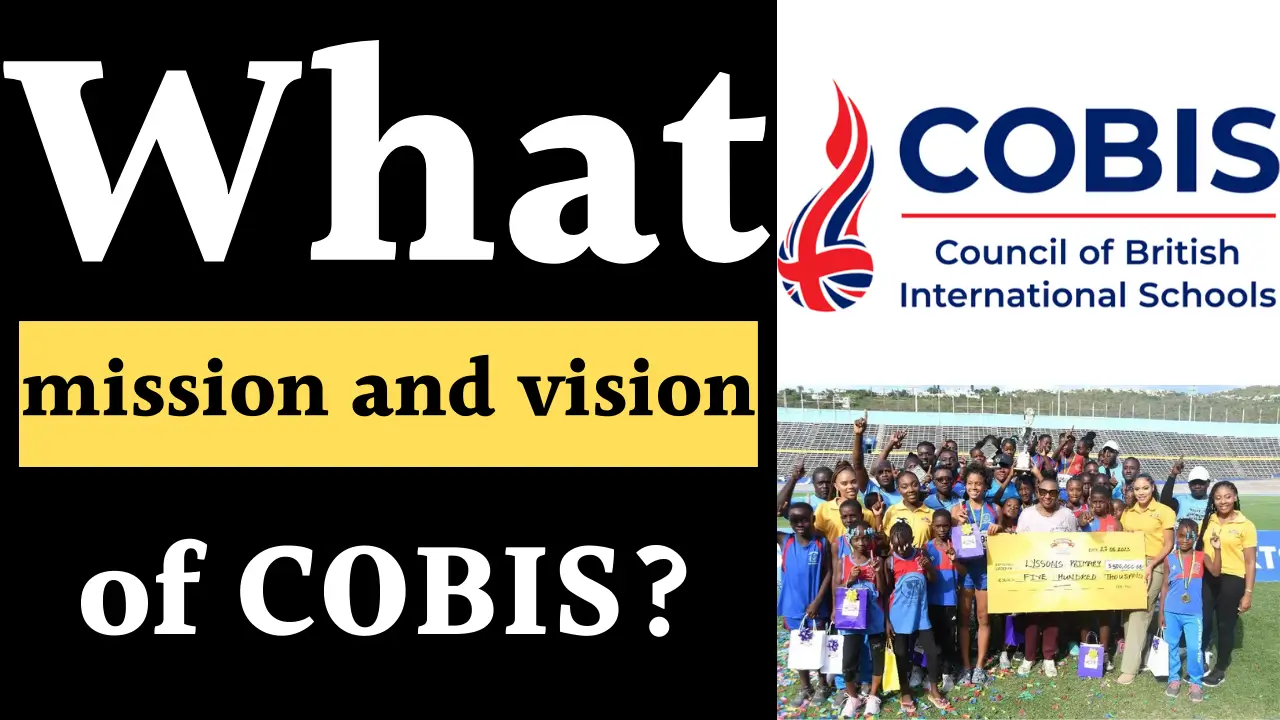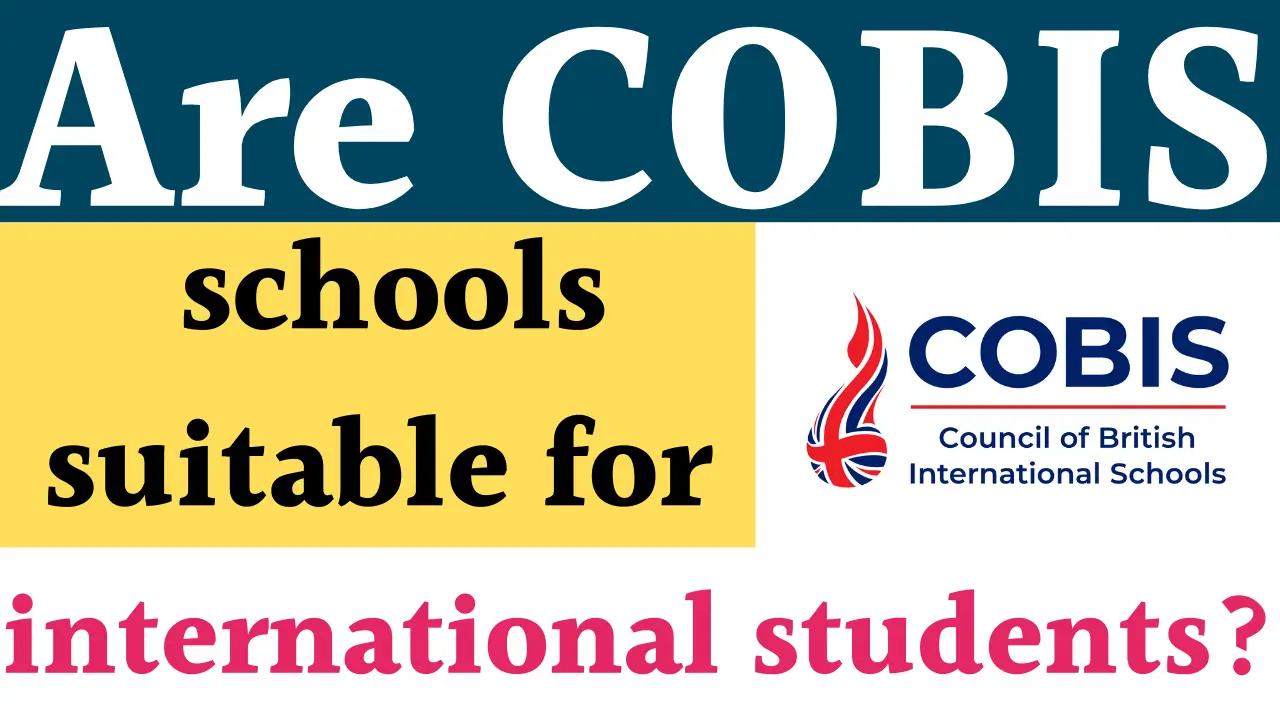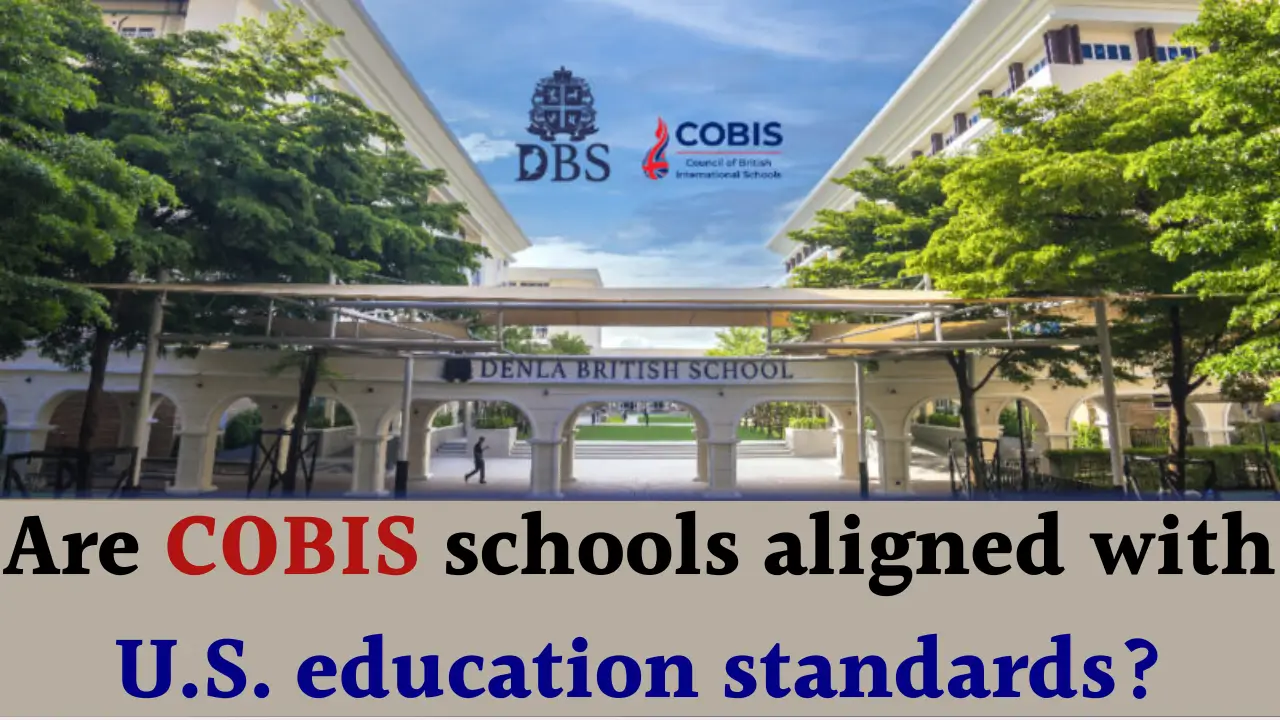The Council of British International Schools (COBIS) offers a range of valuable resources aimed at supporting bilingual classroom teaching. These resources are designed to assist teachers in international schools, particularly in British overseas schools, to effectively deliver bilingual education and support multilingual learners in diverse classroom environments.
Overview of COBIS Bilingual Teaching Resources
COBIS provides professional learning opportunities, training programs, workshops, webinars, and resource hubs. These cater to various aspects of bilingual and multilingual education, including understanding bilingualism, pedagogical strategies for bilingual learners, cultural integration, and inclusion of English as an Additional Language (EAL) students.
Professional Development and Training Programs
- COBIS Programme for Early Career Teachers: A two-year blended learning program that helps early career teachers develop bilingual teaching strategies among other teaching skills.
- Diplomas for International Teaching Assistants: Training specifically designed for teaching assistants supporting language learning in international classrooms.
- Workshops on multilingualism and bilingual curriculum promotion: These sessions explore models of bilingual education, their benefits, and how to tailor approaches to the context of the school.
- Neurodiversity and Inclusion Courses: Practical courses to create inclusive classrooms embracing learning differences, which benefit bilingual learners who may have varied learning needs.
- Technology and Digital Learning in Bilingual Settings: Workshops on using innovative technology to enhance bilingual learning environments.
COBIS Knowledge Hub and Webinars
The COBIS Knowledge Hub offers practical support, guidance, and resources on multilingual education, safeguarding, well-being, and inclusion. It regularly updates with relevant materials for bilingual classrooms. COBIS also hosts live and recorded webinars presented by educational experts covering current trends, challenges, and best practices in bilingual and EAL teaching.
Bilingual Curriculum and Cultural Bridging
- COBIS resources emphasize not only language acquisition but also the promotion of cultural understanding and integration within bilingual classrooms.
- Workshops such as “Bridging Cultures” focus on merging diverse cultural values and identities in early years settings to support shared educational visions.
- Emphasis on pedagogical repertoires that balance adult-led and child-led activities to optimize learning in bilingual early years classrooms.
Summary Table: Key COBIS Bilingual Classroom Resources
| Resource Type | Description | Benefits to Bilingual Teaching |
|---|---|---|
| Early Career Teacher Programme | Two-year blended development course | Builds foundational bilingual teaching skills |
| Teaching Assistant Diplomas | Training focused on language support assistants | Enhances classroom support for bilingual learners |
| Workshops & Webinars | Topics include bilingual models, neurodiversity, digital learning | Keeps teachers updated on best practices and innovation |
| Knowledge Hub | Online repository of guides, advice & inclusivity resources | Provides practical tools and guidance for bilingual settings |
| Cultural Bridging Workshops | Support for merging cultural values in bilingual education | Promotes holistic bilingual education beyond language |
Latest Updates and Focus Areas
In 2025 and going into 2026, COBIS has paid particular attention to:
- Expanding online and blended learning options to reach a wider network of international bilingual educators.
- Increasing support around neurodiversity, emphasizing inclusive pedagogy that supports bilingual learners with diverse educational needs.
- Offering technology-focused training to enhance digital bilingual learning environments.
- Strengthening the community of practice through networked professional learning, encouraging collaboration between international schools on bilingual education.
COBIS remains proactive in responding to feedback and emerging challenges in bilingual teaching by updating its resources, hosting relevant webinars, and developing specialized short courses.

